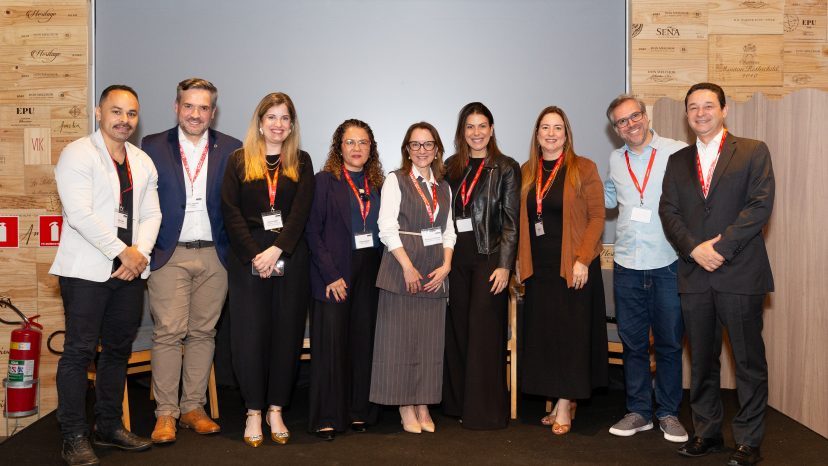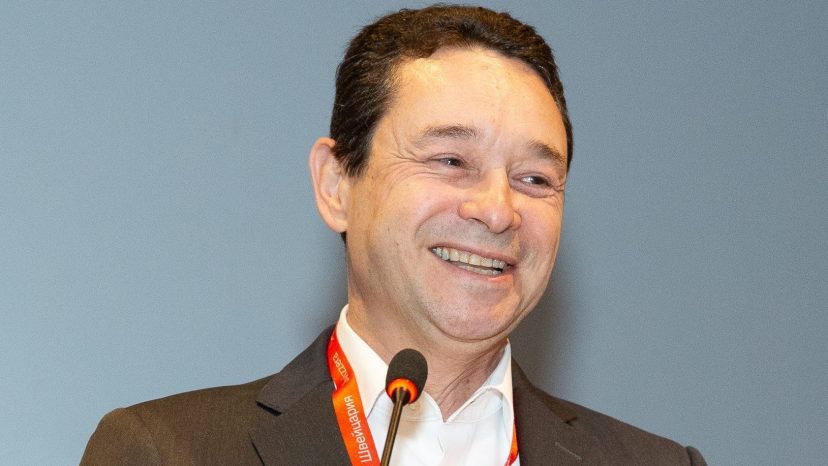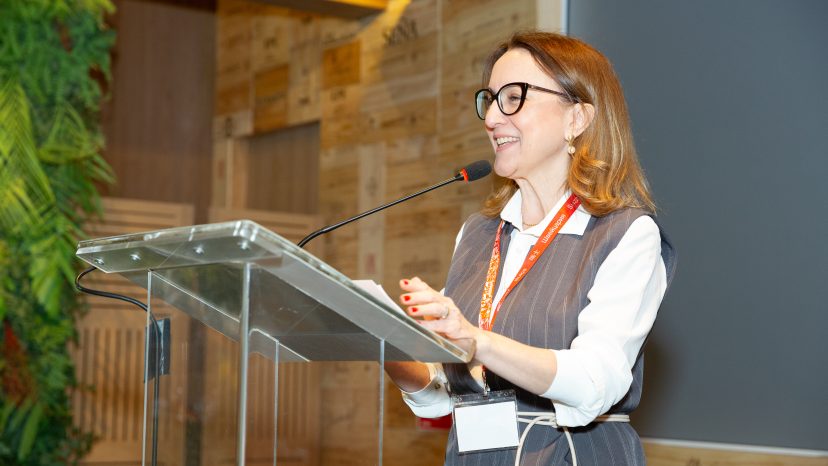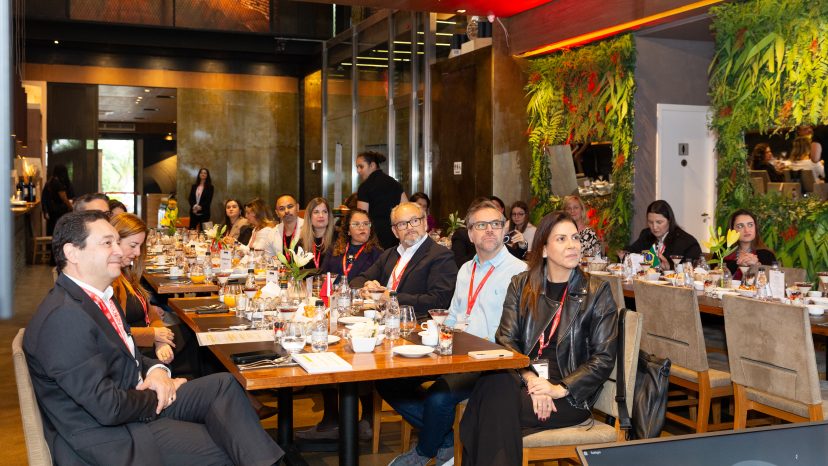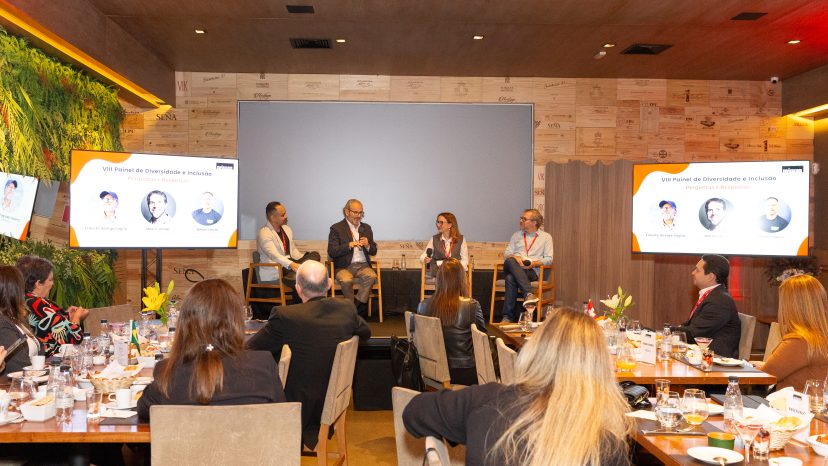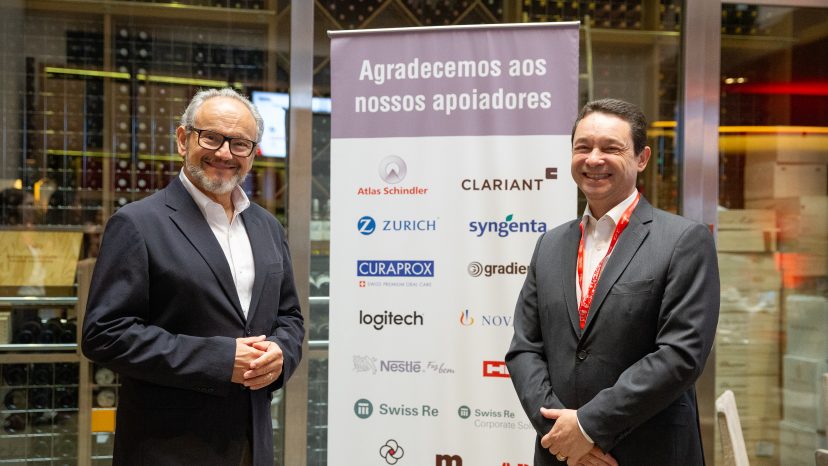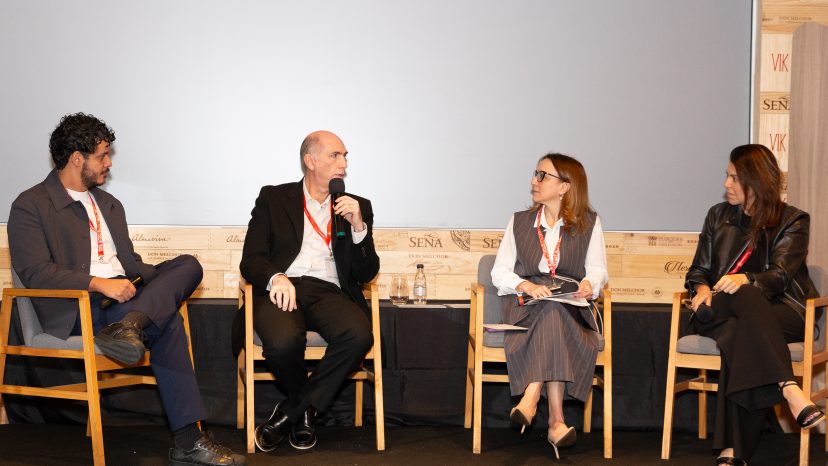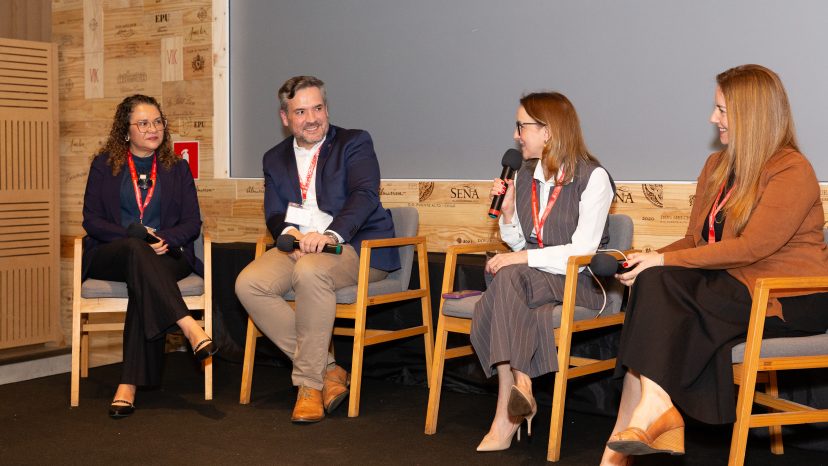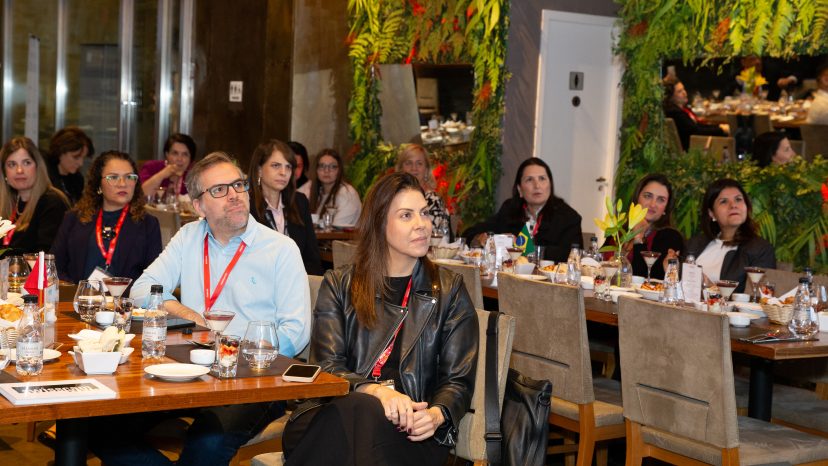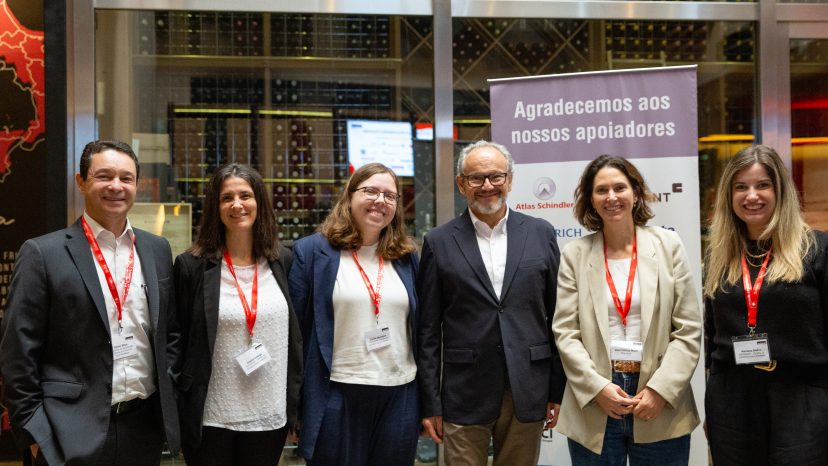For the eighth consecutive year, SWISSCAM’s Human Resources Committee organized the Diversity and Inclusion Panel on October 2, 2025, in São Paulo, which brought together experts and representatives from large companies to discuss current and relevant topics such as age diversity in organizations, ageism in the labor market, and generational inclusion strategies.
The event was opened by SWISSCAM President Flavio Silva and featured the special participation of renowned journalist Ernesto Paglia, who, after retiring from Globo, continues to carry out various projects in his mature phase.
Mórris Litvak, founder and CEO of Maturi, gave a lecture entitled “The Future of Work is Intergenerational: Age-Friendly Companies in Brazil,” warning of the rapid aging of Brazil’s population and its implications for the labor market. Faced with a shortage of young talent and an increase in the 50+ population, companies need to rethink their strategies for diversity and generational integration.
Mórris presented how Maturi has been working to address this reality, focusing on the 50+ audience, offering continuing education, professional relocation, branding, and the 50+ Talent Bank. In Brazil, Maturi is the official representative of the Certified Age-Friendly Employer (CAFE) program, recognized in the US and aimed at organizations committed to the inclusion and appreciation of mature professionals.
The lecture also emphasized the benefits of intergenerational dialogue, which encourages mutual learning, innovation, and the strengthening of organizational culture. By integrating different generations, companies become more adaptable, creative, and prepared for the future.
Next, Nilton Clécio, Project and Partnership Coordinator at United Way Brazil, gave a lecture on “Ageism and Generational Conflict in the Labor Market.” He presented the Juventudes Potentes (Powerful Youth) movement, part of the international Global Opportunity Youth Network (GOYN), led by the Aspen Institute and coordinated in Brazil by United Way Brazil (UWB) since 2020. The program’s mission is to promote the productive inclusion of socially vulnerable young people (aged 15 to 29).
Nilton addressed generational conflict in companies, highlighting the differences in values, communication, and career vision between generations. He showed that 1 in 3 people lose up to 5 hours per week in conflicts between generations, reducing productivity.
Among the characteristics of Generation Z, Nilton points out that they are the first “digital natives,” creative, focused on purpose and balance between personal and professional life, but facing challenges such as anxiety, financial insecurity, and difficulty focusing. He cited Jonathan Haidt’s book “The Anxious Generation: How the Great Rewiring of Childhood Is Causing an Epidemic of Mental Illness” and the phase of intense cognitive and emotional changes. As the development of the prefrontal cortex—linked to planning, decision-making, and emotional control—continues until the age of 24, these young people may demonstrate impulsivity or lack of clarity in long-term choices. Therefore, mentoring actions should offer practical guidance, real examples, and positive reinforcement.
Finally, Nilton presented programs carried out with partner companies and real cases of young people who have marked his journey. Social and economic transformation depends on the integration of young people into the labor market with purpose, equity, and intergenerational collaboration, creating opportunities that generate a positive impact for society as a whole.
Maria Lúcia Gadotti, coordinator of the SWISSCAM Human Resources Committee and panel moderator, began the first block of the panel, entitled “Diversity and Business Strategy,” with André Carvalhal, CFO LATAM at MCI, Augusto Drumond, Head of Diversity and Inclusion at Nestlé, and Patricia Rodolfo, Customer Experience Leader at Roche. The experts shared their opinions and discussed the programs and procedures that are conducted in their companies to deal with issues such as generational conflicts and the benefits of their integration, demographic changes, internal communication, organizational culture, and diversity and inclusion.
In the second block, entitled “Ageism and longevity,” Maria Lúcia spoke with Simone Sá, Head of HR Brazil at Clariant, Carlos Augusto Junior, Director of People, Communication, and ESG at Atlas Schindler, and Mônica Matias, Head of Talent & Culture | People & Culture at Zurich Seguros. The topics discussed involved an intercultural analysis of practices observed in global teams with regard to intergenerational coexistence, ageism, and preventive measures taken by companies, the impact of new technologies such as artificial intelligence, as well as controversial topics such as working from home.
We thank our Gold members for providing this memorable moment of exchange among members.

